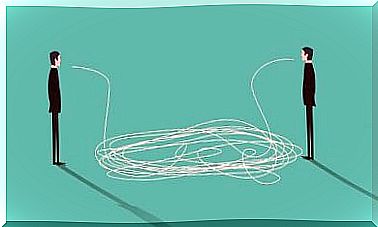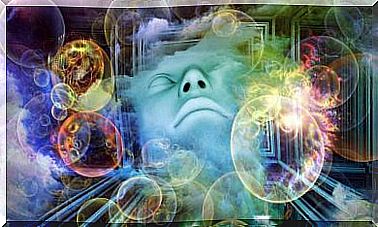The 5 Best Quotes From Fyodor Dostoevsky
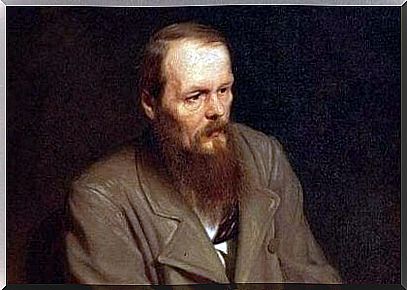
Fyodor Dostoevsky’s quotes are the true reflection of an author who has had a turbulent life. He had sensitivity and a talent beyond this world. His work revealed human nature over time.
The Story of Fyodor Dostoevsky
His authoritarian father was tortured and then killed. His mother died of tuberculosis during his teenage years. Fyodor Dostoevsky almost went crazy as a result. He eventually recovered, but these events are most likely the source of the depth of Dostoevsky’s literature. From this he probably also derived the beauty that befits someone who has had such an intense life.
It would be impossible to make a complete compilation of Fyodor Dostoevsky’s great quotes. There is plenty of literature to choose from. However, we have chosen a few of his quotes that best illustrate his view of the world and life. Read on quick!
Speak the truth
One of Fyodor Dostoevsky’s quotes goes like this: “ Nothing in this world is more difficult than speaking the truth, and nothing is easier than flattery. ” Today this is quite obvious. In its day, however, this was a revolutionary claim.
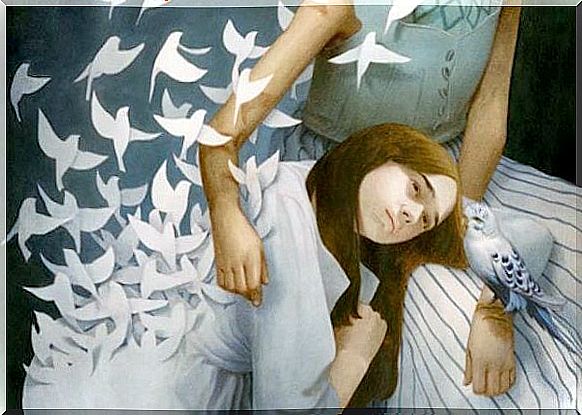
Fyodor Dostoevsky lived in ancient Russia, a place where class discrimination, authoritarianism and oppression prevailed. When these things take precedence, telling the truth becomes the criminal exception and hypocritical flattery the rule.
The two halves of life
Fyodor Dostoevsky’s quotes concern a man who has thought about life with passion. The irony of this is that he was surrounded by death all his life. He must learn to deal with the death of his parents, his wife, his daughter and his son. He was also sentenced to death, although it was withdrawn early.
One of his quotes on life goes like this: “ The second half of a person’s life consists solely of the habits he has built up in the first half. “ People in the first half of their lives, as he said, create the things that they carry with them for the rest of their lives.
Relativity in Ethics
Ethics is another topic that often returns in Fyodor Dostoevsky’s quotes. Read this quote: “ I surrender myself to ethics, but there is no way I can understand why people glorify the bombing of a surrounding city and not the murder of someone with a cleaver. “

This is a very interesting and deep reflection. If someone kills another, he is called a murderer. But if someone slaughters hundreds of people during a war, he is called a hero. How does the underlying ethics work? How does this ethic reject an isolated, malicious incident while encouraging the murder of hundreds?
Echoes of failure
Fyodor Dostoevsky’s life was full of vicissitudes. Two of the most difficult moments in his life were the death of his newborn daughter and the death of his second wife. He lost track and developed a serious addiction to games at the time. At the same time, these events provided him with a source of inspiration for his literary work.
His agony and its consequences were condensed into one of his most interesting quotes. With this one: “ Everything seems stupid when it fails. ” This clearly reflects the emotional state of many people after a failure. It demonstrates how it completely changes one’s perception and takes away all meaning from an event.
Pain also educates us
If Fyodor Dostoevsky knew anything about anything, it was pain. However, he did not reject this feeling per se. In fact, he thought about it in an almost instructive way. He pointed out the following to us: “ Pain and suffering are always unavoidable for those of great intellect and hearts of gold. The great people, I think, must carry with them the most sorrow on earth .”
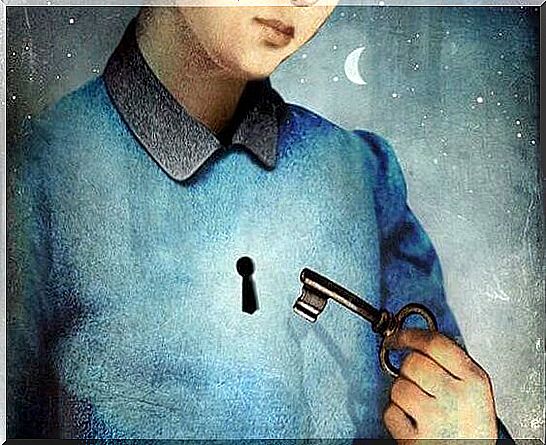
Somehow he showed us that pain makes us more sensitive. It also deepens our thoughts. This is not an ode to suffering, but an analysis of one of its consequences.
Reading the work of Fyodor Dostoevsky is a real treat. His written material still holds true because he did not attempt to portray a situation specific to his time or circumstances. He wanted to study human nature. His work also proves that it is possible to overcome adversity and turn them into art.

